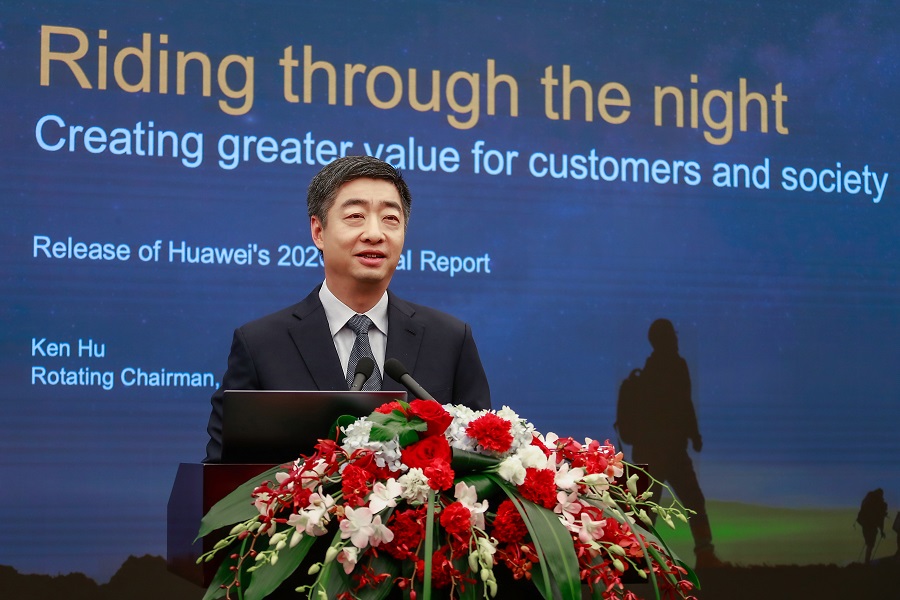Company chairman Ken Hu told the BBC that the sanctions did “a lot of damage” to the firm and described Huawei’s experience last year as challenging. “We think this is a very unfair situation,” he said at a press conference. For 2020, Huawei announced revenue of 891.4 billion yuan (~RM562 billion) and a profit of 64.6 billion yuan (~RM40.7 billion), up 3.8% and 3.2% respectively. But that obscures the fact that the company saw significant declines in revenue across all regions except China. The US, under both presidents Trump and Biden, has targeted Huawei for its alleged ties to the Chinese government and military apparatus. But the company insists it’s independent and doesn’t take orders from Beijing. “For sure, we can say no to the state,” claimed Jiang Xisheng, Huawei’s chief secretary of the board, according to the BBC. “Even if some individual government officials wanted to intervene in our company’s operations we have the right to say no to that.” Huawei maintains that it ultimately answers to its employee-shareholders. Eager to prove this, it even gave the BBC a remote video tour of a vault that apparently stores records of employees with shares. That probably won’t convince Washington, which recently tightened the screws on the company’s US suppliers. In seeming retaliation, Huawei announced that it would begin charging for use of its patented 5G technologies. (Source: BBC, Huawei.)
